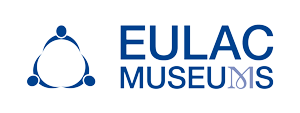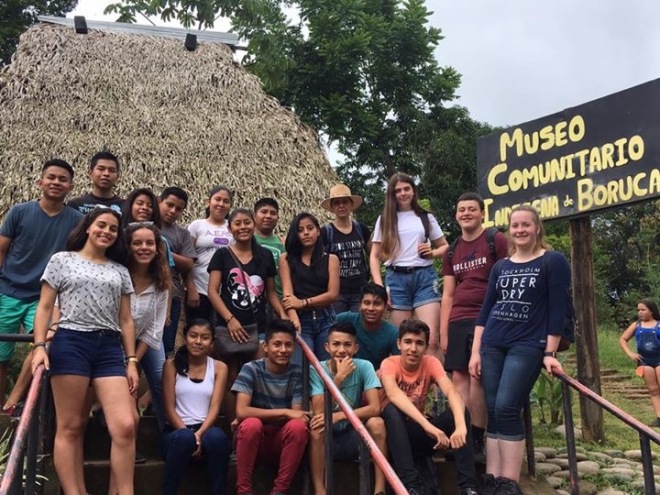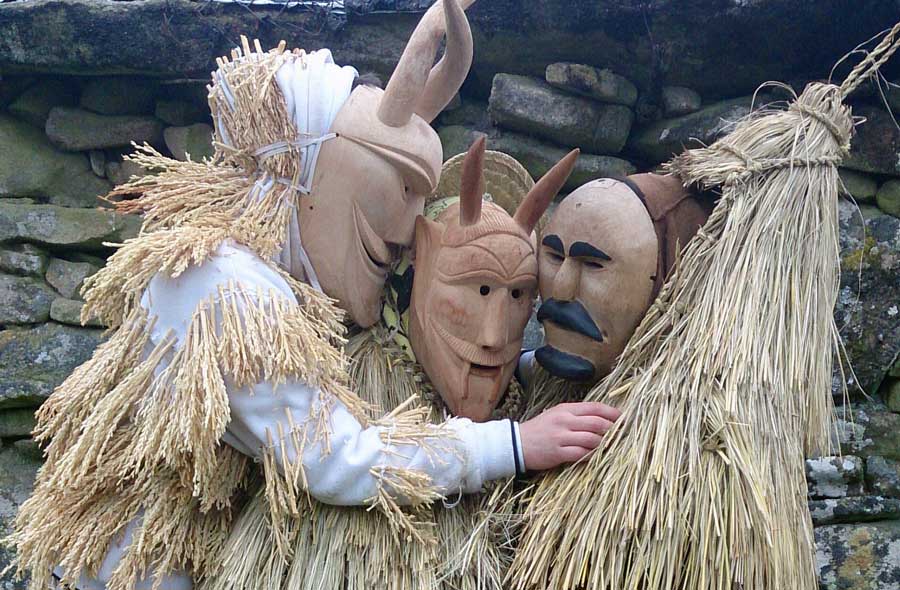|
Museum Education for Social Inclusion and Cohesion Concept and Approach “Museums are important because they serve to remind us of who we are and what our place is in the world. [...] Museum professionals, with reference to their visitors, frequently use the expression ‘museum community’, but can this be defined? We also need to discover how museums interact with their community, and the community with its museums, and place this in historical perspective.” (Peter Davis, “Place Exploration: museums, identity, community”, in Watson, S. ed., Museums and Their Communities. London and New York: Routledge, 2007, pp.53-75; 53) In this section of our project, we aim “to promote the Horizon2020 goal of fostering inclusive, innovative and reflective societies” by researching state-of-the-art initiatives in museums and community empowerment, and then move beyond these initiatives to implement and evaluate our own innovative bi-regional community education project. Our aim is to both transform individual lives within museum communities, and to create a method of implementation and evaluation that will be applicable to wider regions. Herein we focus on museum education, involving academic research into community museology, an intergenerational bi-regional museum education programme, and implementing a bi-regional youth exchange programme. It seeks to answer the following key questions in community museology: How can we define “community museums” and “sustainability” in bi-regional context? One of the main ways in which we are addressing these issues res, is through the EU-LAC Bi-Regional Youth Exchange EU-LAC-MUSEUMS will facilitate an exciting and empowering bi-regional youth exchange between Latin America and Europe. 24 young people: 12 from Costa Rica, 6 from Portugal and 6 from Scotland. Each month, these 24 young people will take part in workshops discussing their rural community, identity, heritage, culture whilst building their self-confidence. In between workshops, the young people will be encouraged to visit the their local community museums as well as document their journey through an online blog and Instagram. The main language of the exchange will be English, but each young person will be encouraged to share their own language: Spanish, Portuguese, Gaelic or Borucan to interact with the local community.
In summer 2017, the Scottish and Portuguese young people will travel to Costa Rica taking part in an international exchange. Offering the young people an opportunity to compare their own community, identity, heritage and culture with indigenous communities of Boruca, Rey Curré and San Vincente. In Summer 2018, the Costa Rican young people visit Europe; 6 visiting the rural island of the Isle of Skye in the north west of Scotland; 6 visiting the rural communities of Barcelos, Penafiel and São João da Madeira. |
|
|
RECRUITMENT With high numbers of young people wanting to take part, EU-LAC-MUSEUMS Researchers developed a rigorous application process involving producing a video, taking part in assessed group work, and completing a comprehensive written application. This process ensures the right committed candidates take part. In particular the process was an opportunity for young people to display their skills and personality out with their education. Below Jonathan Smith from the Isle of Skye, Scotland tells us why he would like to part of this unique Youth Exchange Programme; The EU-LAC-MUSEUMS Youth Exchange Programme is committed to being an equal opportunities project, promoting fairness and diversity. The young people will be empowered to develop their own code of conduct and rules whilst being part of this programme. When travelling for the Youth Exchange, young people will seek to be discreet and sensitive in communities, and to show respect for the way of life of those who accept them into their communities. The young people and Researchers have much to learn from each other’s cultures and, as an representative for your own community and a guest in theirs, it is important to understand local traditions and behaviours and be sensitive to them at all times. |
|
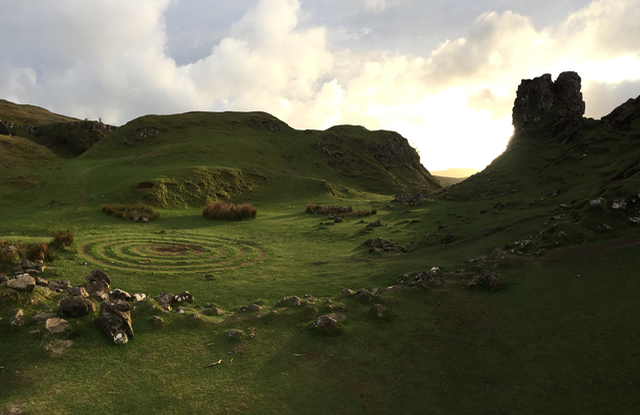
SCOTLAND The Scottish Youth Exchange Programme will operate within the rural island of the Isle of Skye in the north west of Scotland. Monthly workshops will be facilitated by the University of St Andrews's Youth Programme Worker, working in partnership with the Staffin Community Trust, The Skye Ecomuseum, Aros Centre Portree and Portree High School. The young people taking part are representative from across the island, bi-lingual speaking both Scottish Gaelic and English. Scotland's young people will be accredited through the Scottish Government’s Saltire Award volunteering certification. In November 2017, the young people will take part in an award ceremony at the University of St Andrews. Each young person will be awarded a certificate that can be used towards university, college and apprenticeship applications for their future careers. |
|
|
PORTUGAL Overseen by MNA/DGPC consultancy, the Portuguese Youth Exchange Programme will operate within the rural communities of Barcelos, Penafiel and São João da Madeira near Portugal's second major city Porto. Monthly workshops will be facilitated by the Universidade do Porto Master students working in partnership with Barcelos Pottery Museum, Penafiel Municipal Museum and S. João da Madeira Hat Museum. |
|
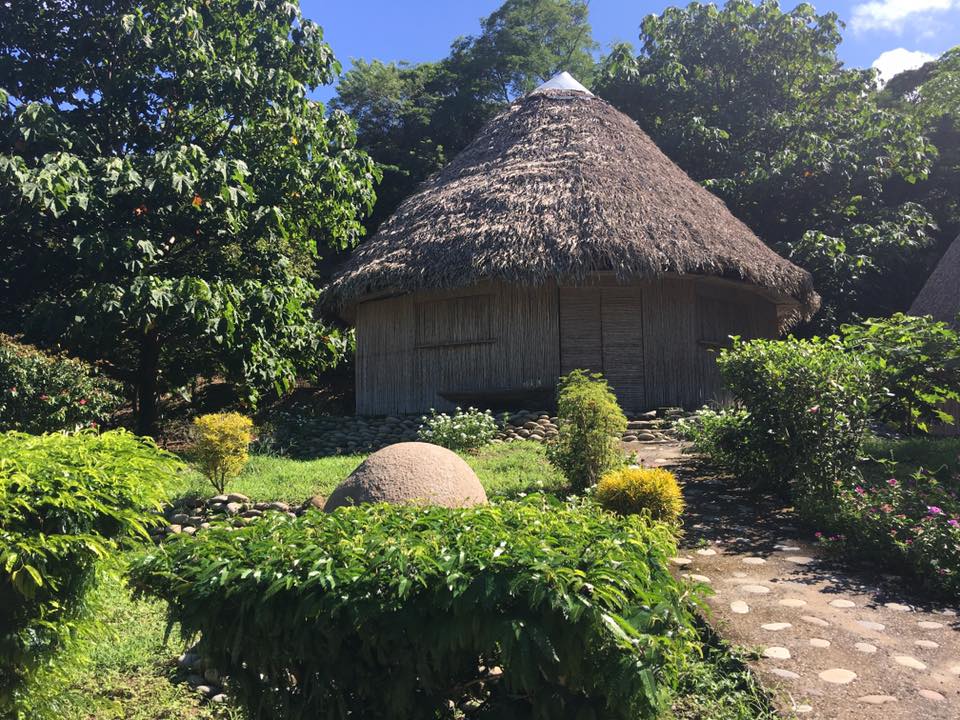
COSTA RICA The Costa Rican Youth Exchange Programme will operate within the indigenous village communities of Boruca, Rey Curré and San Vincente. Monthly workshops will be facilitated by the Museo Nacional de Costa Rica working in partnership with Red de Museos Comunitarios de América and the local community museums of each village. The young people taking part are representative from across the villages. https://eulacmuseumsyouthcostarica.wordpress.com/
|
|
|
RESEARCHERS The following EU-LAC-MUSEUMS Researchers will be working with the young people in their countries; Jamie Allan Brown, University of St Andrews, Scotland |
|
